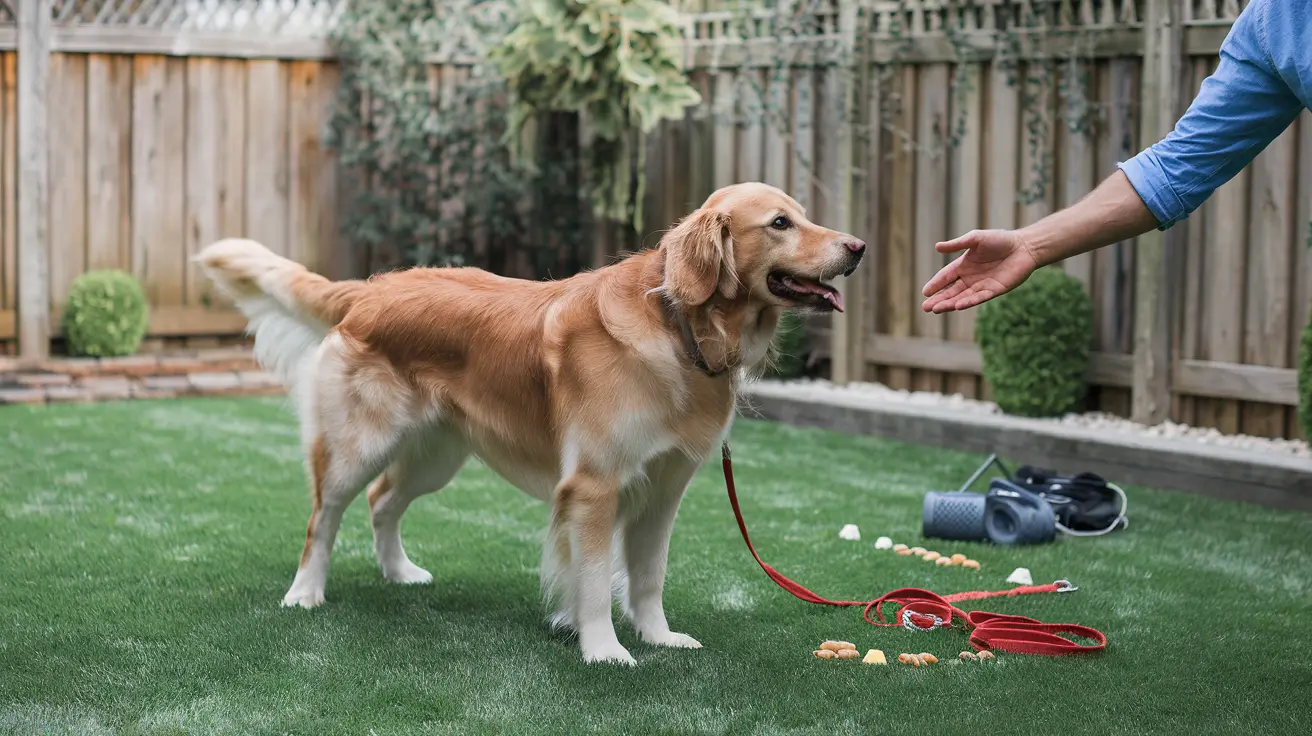Introducción a la coprofagia
La coprofagia, el término científico para el consumo de heces, es un comportamiento que desconcierta a muchos dueños de perros. No es raro sorprender a una mascota querida participando en este hábito poco agradable, lo que lleva a los propietarios a preguntarse por qué sus compañeros peludos lo hacen. Aunque la coprofagia no es una característica ideal para ninguna mascota familiar, comprender sus orígenes y motivos es esencial para manejarla de forma eficaz.
Comportamiento coprofágico normal en perros
La coprofagia puede ser un comportamiento normal en determinados contextos. Por ejemplo, las madres lactantes a menudo ingieren las heces de sus cachorros para mantener limpio el nido. Este comportamiento instintivo es crucial para la salud y la higiene de los cachorros. Además, desde un punto de vista evolutivo, se cree que la coprofagia procede de los lobos. Los lobos consumían heces frescas para mantener sus guaridas libres de parásitos transmitidos por las heces, un comportamiento que algunos perros han conservado. Asimismo, los perros pueden sentirse atraídos por las heces de otras especies, como caballos o gatos, debido a la presencia de ciertos nutrientes, aunque esto también puede exponerlos a bacterias perjudiciales.
Razones anormales para comer heces
Aunque algunos casos de coprofagia se consideran normales, otros indican problemas subyacentes. Los perros pueden incurrir en este comportamiento para buscar atención, sobre todo si han aprendido que provoca una reacción en sus dueños. Problemas de salud, como enfermedades intestinales o deficiencias nutricionales, también pueden conducir a la coprofagia. La ansiedad, incluida la ansiedad por separación, es otro desencadenante, donde los perros pueden comer heces como comportamiento de desplazamiento. Además, los perros que han sido castigados durante el entrenamiento para ir al baño pueden ingerir sus heces para ocultar las pruebas, por temor a la reacción de su dueño.
Estrategias para prevenir el consumo de heces
Para frenar la coprofagia, es vital emplear estrategias efectivas. El refuerzo positivo y el adiestramiento pueden redirigir el comportamiento recompensando a los perros por no acercarse a las heces. La gestión del entorno, como usar barreras para mascotas o colocar cajas de arena fuera de su alcance, puede impedir el acceso a las heces. Ajustes dietéticos, incluida la utilización de suplementos que hagan las heces menos atractivas, también pueden ser beneficiosos.
Soluciones específicas según el escenario
Diferentes situaciones requieren soluciones a medida. Para cachorros, el entrenamiento constante en casa y la limpieza inmediata de las heces son fundamentales para evitar que se desarrolle este hábito. Para perros con ansiedad o problemas por confinamiento, proporcionar más espacio, entornos más tranquilos o actividades de enriquecimiento puede ayudar. El reentrenamiento de perros adultos implica paciencia y refuerzo positivo coherente para romper el comportamiento aprendido.
Herramientas y ayudas para el adiestramiento
Varias herramientas pueden ayudar a enseñar a los perros a evitar comer heces. Correas, clickers y bolsillos para golosinas son útiles para reforzar conductas positivas. Además, los probióticos y ciertos masticables específicos pueden disuadir el hábito al alterar el sabor de las heces, haciéndolas menos atractivas para los perros.
Conclusión: Mantener un entorno saludable
Comprender las causas subyacentes de la coprofagia y aplicar estrategias adecuadas de forma consistente es la clave para manejar y prevenir este comportamiento. Al abordar tanto las razones normales como las anormales para el consumo de heces, los dueños pueden ayudar a sus mascotas a romper el hábito y garantizar un estilo de vida más saludable para sus compañeros peludos. La aplicación constante de estas estrategias no solo mejora el bienestar del perro, sino que también fortalece el vínculo entre mascota y propietario.






